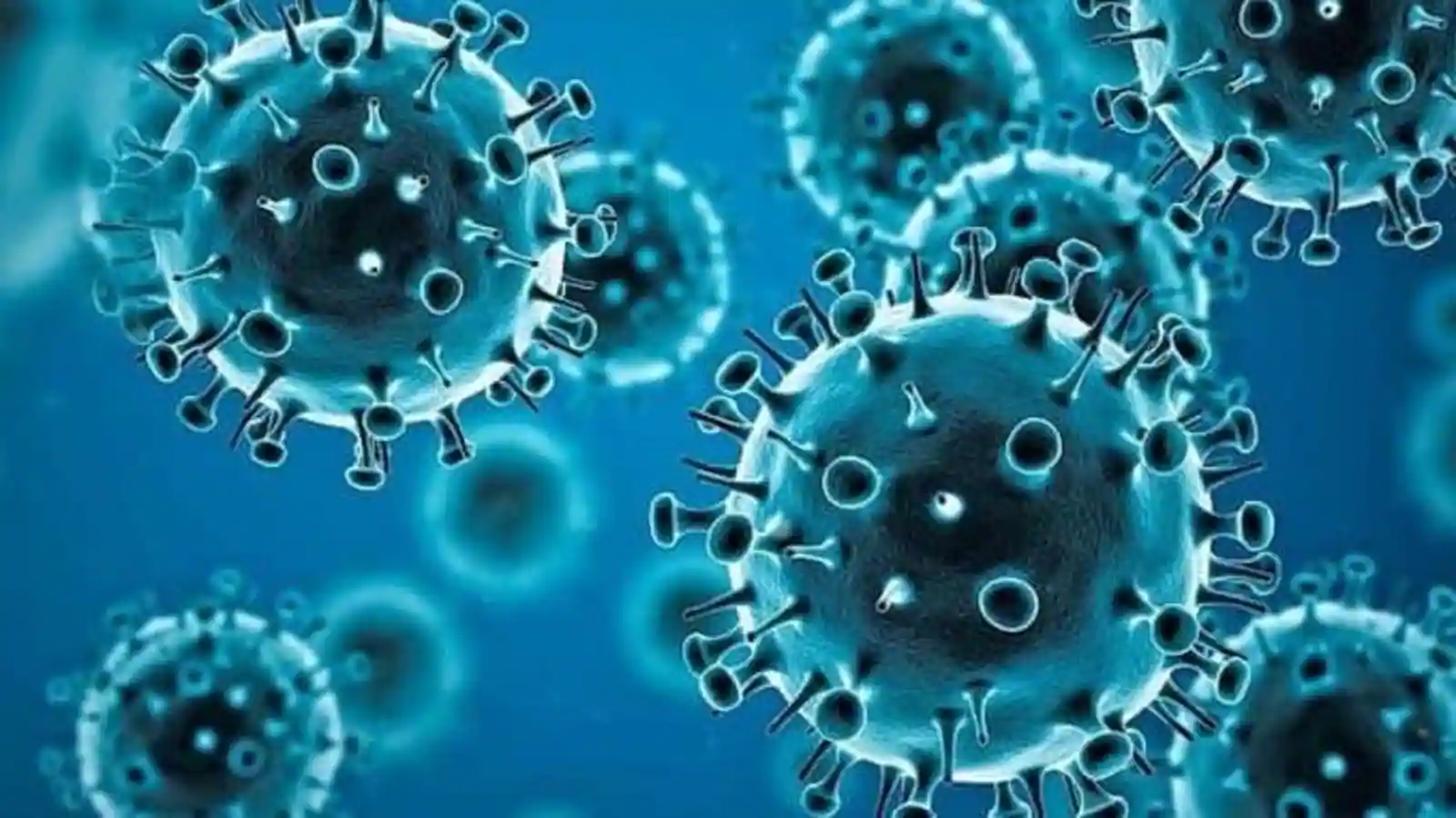LONDON: The Omicron variant of Covid-19 may be significantly better than previous variants at evading vaccine-induced antibodies, but preliminary evidence also suggests that it is less likely to cause severe illness in the lungs compared to Delta.
In a yet-to-be peer-reviewed study, a team of researchers led by Indian-origin Professor Ravi Gupta from the University of Cambridge, created synthetic viruses – known as ‘pseudoviruses’ — that carried key mutations found in the Delta and Omicron strains — to study the virus’s behaviour.
The pseudoviruses were used to infect cells in lung organoids – ‘mini-lungs’ that model parts of the lung.
Despite having three mutations that were predicted to favour the spike cleavage, the researchers found the Omicron spike protein to be less efficient than the Delta spike at cleaving the ACE2 receptor and entering the lung cells.
In addition, once Omicron had entered the cells, it was also less able than Delta to cause fusion between cells – a phenomenon associated with impaired cell-to-cell spread. Fused cells are often seen in respiratory tissues taken following severe disease.
Indeed, when the team used a live Omicron virus and compared it to Delta in a spreading infection experiment using lung cells, Omicron was significantly poorer in replication, confirming the findings regarding impaired entry.
“We speculate that the more efficient the virus is at infecting our cells, the more severe the disease might be. The fact that Omicron is not so good at entering lung cells and that it causes fewer fused cells with lower infection levels in the lab suggests this new variant may cause less severe lung-associated disease,” said Gupta from the varsity’s Cambridge Institute of Therapeutic Immunology and Infectious Disease.
The team also tested the pseudoviruses against blood samples from vaccinated individuals who had received two doses of either the AstraZeneca (ChAdOx-1) or Pfizer (BNT162b2) vaccines.
On average, Omicron required around a 10-fold increase in the concentration of serum antibodies in order to neutralise the virus, compared to Delta. Of particular concern, antibodies from the majority of individuals who had received two doses of the AstraZeneca vaccine were unable to neutralise the virus. The data were confirmed in live virus experiments.
“The Omicron variant appears to be much better than Delta Variant at evading neutralising antibodies in individuals who have received just two doses of the vaccine. A third dose ‘booster’ with the Pfizer vaccine was able to overturn this in the short term, though we’d still expect a waning in immunity to occur over time,” Gupta said.
He added that further work is needed to corroborate the findings. However, Gupta also urged caution.
“Omicron still represents a major public health challenge. Individuals who have only received two doses of the vaccine – or worse, none at all – are still at significant risk of Covid-19, and some will develop severe disease. The sheer number of new cases we are seeing every day reinforces the need for everyone to get their boosters as quickly as possible.”







